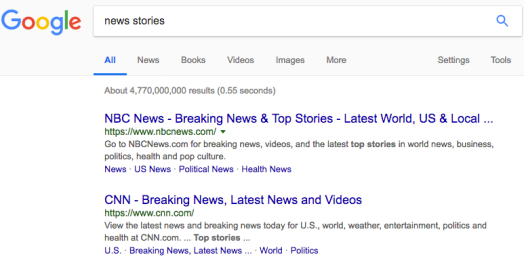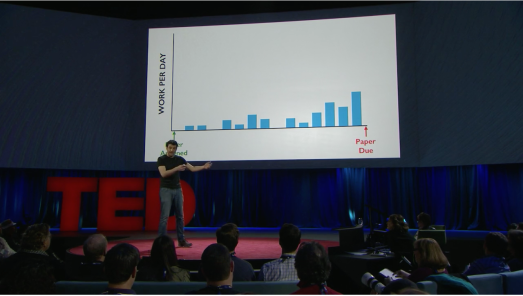Last time I wrote the following:
Over the years, it’s become increasingly clear to me that the best marketing and advertising focuses on evocative storytelling. If done well it not only makes the product appealing, it makes the brand compelling, which can mean the difference between a customer and a lifelong customer – someone who becomes your brand advocate and who helps build you a tribe.
It’s my intention to periodically add to this series, as the mood strikes me, by diving into ad campaigns amazing storytelling, at least in my opinion. The very strategic schedule for these series updates is based on Tim Urban’s new post model. I’ve arrived at this through meticulous testing, as I’m sure Tim did. I’m sure Tim Ferriss would be proud of me. So many Tims, but on with the post.
One Company Who Gets It
Let’s take, The Skimm, for instance. Danielle Weisberg and Carly Zakin started their community in 2012 after leaving their dream jobs at NBC. Targeting millennials, women in particular, who are hoping to remain or become politically astute, Zakin and Weisberg are building a media empire around the idea of delivering concise political news via email and podcast in the millennial vernacular. The brand’s ambassador is the “Skimm Girl,” a character who has her own style, down to a favorite drink. New Skimm employees are required to learn all about her, because she’s part of the brand – part of the story.
Here’s Zakin’s take on who they are:
To this day we’ve never even thought about ourselves as a content company. We call ourselves a membership company, but that’s like our buzz word. But, I think what we’re really about is storytelling.
The clip above picks up with Zakin’s response to the interviewer referencing “content” companies. In particular, she mentions AOL becoming a content company at a time when “no one wants content,” and then goes on to praise them for being ahead of the curve in terms of determining what their audience wanted.
How do the scrupulous editors of Wikipedia describe The Skimm?
The Skimm (styled theSkimm) is an American media company, founded in 2012 by Danielle Weisberg and Carly Zakin, providing a subscription-only newsletter. The newsletter is a digest of news stories intended to be simple and easy to read.
So, why? Why is a company predicated upon being a daily news digest for millennial women all about storytelling?
For one thing, they’re called “news stories.” If you Google the term… well, see for yourself.

Secondly, Zakin and Weisberg understand their audience, because they are their audience. This allows them to tell news stories in a more entertaining and relational way that resonates. But, let’s not mistake what they do for reporting the news. There is most certainly a voice. From start to finish, The Skimm brand is telling one big story, one little story at a time.
I don’t subscribe to The Skimm. I did at one time. I genuinely tried to like it, too, because I’d heard in an interview that they had assembled a panel to discuss politics in a non-partisan way. I respected that. However, I’m not a millennial. As clever as I think the idea is I just couldn’t get into delivery, which comes off as condescending to me. Chacun à son goût. It’s clearly tremendously successful.
What I do see though, is an understanding that the storytelling aspect is absolutely essential to developing an audience, tribe, or whatever marketing buzzword you want to use. At some point I’ll probably dig into the science behind storytelling and why it’s so powerful. But for now, I’ll close with a quote from Stewart Butterfield from his Masters of Scale interview with Reid Hoffman.
If there was one piece of advice I wish I could phone back and give to myself, was just concentrate on that storytelling part, on the convincing people. Because if you can’t do that, it doesn’t matter how good the product is, it doesn’t matter how good the idea was for the market, or what happens in the external factors, if you don’t have the people believing. (emphasis mine)
Sales as storytelling? Sounds like material for another storytelling post.
Cheers.







